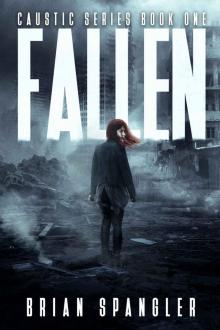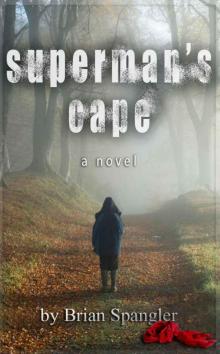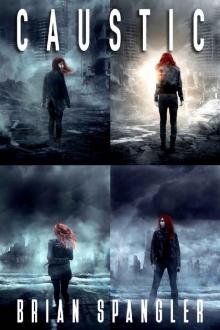 Affair with Murder The Complete Box Set
Affair with Murder The Complete Box Set Killing Katie
Killing Katie Painful Truths
Painful Truths Grave Mistakes_A Deadly Vigilante Crime Thriller
Grave Mistakes_A Deadly Vigilante Crime Thriller Fallen: Post-Apocalyptic Dystopian Thriller - Book 1 (Caustic)
Fallen: Post-Apocalyptic Dystopian Thriller - Book 1 (Caustic) Deceit: Post-Apocalyptic Dystopian Thriller - Book 3 (Caustic)
Deceit: Post-Apocalyptic Dystopian Thriller - Book 3 (Caustic) Going Gray
Going Gray Union
Union Grave Mistakes: A Deadly Vigilante Crime Thriller (Affair with Murder Book 3)
Grave Mistakes: A Deadly Vigilante Crime Thriller (Affair with Murder Book 3) End of Gray Skies: An Apocalyptic Thriller
End of Gray Skies: An Apocalyptic Thriller Superman's Cape
Superman's Cape Blinded By Sight (Gray Series Book 3)
Blinded By Sight (Gray Series Book 3) The Complete Four-Book Box Set
The Complete Four-Book Box Set Endure: Post-Apocalyptic Dystopian Thriller - Book 2 (Caustic)
Endure: Post-Apocalyptic Dystopian Thriller - Book 2 (Caustic)